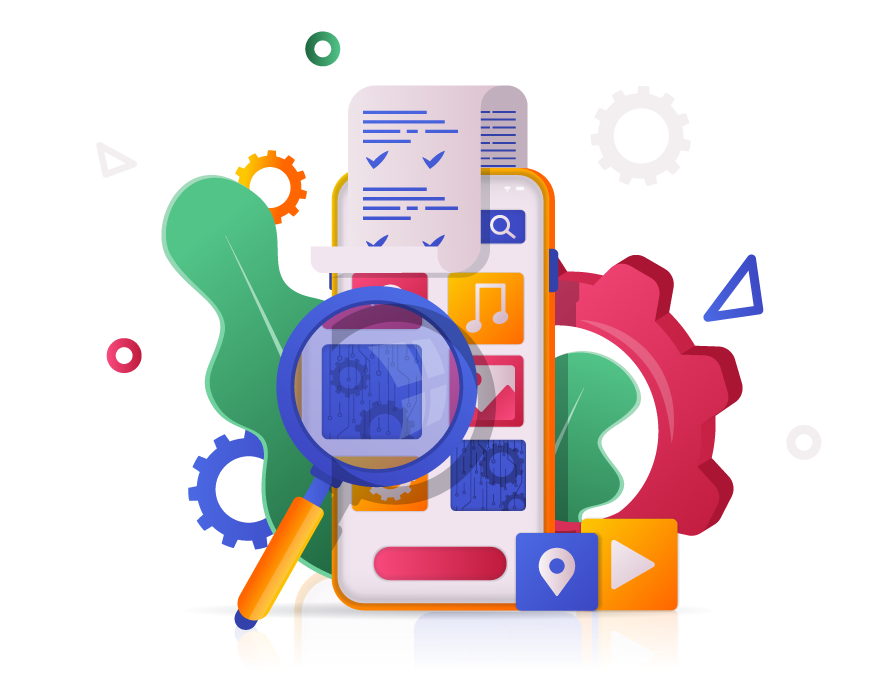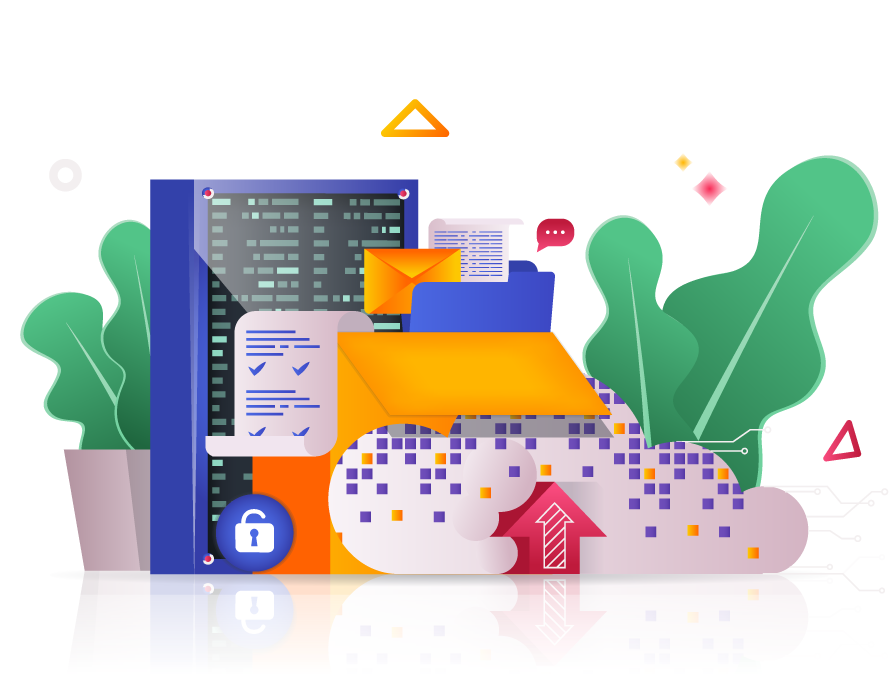Why migrate to Dynamics 365 cloud?
The disruption and advancement we’re currently experiencing is largely because of the technology landscape that has changed, there’s no going back. On-premise business solutions and costly infrastructure is something of the past.
All businesses were built on state-of-the-art on-premise technology, but this is now ineffective and insecure. Agility, scalability, accessibility and mobility have never been more important, especially as new trends continue to challenge businesses, solutions, and processes alike.
Moving to the cloud has to be a business priority for any modern organisation. This isn’t something that happens overnight, one needs to build a plan, strategise and take manageable steps.
Firstly, when it comes to business solutions, start by understanding the Microsoft Dynamics 365 Power of the Cloud and the benefits it offers. This will certainly challenge the traditional way of thinking and misconceptions about cloud. One needs to understand that on-premise CRM or ERP solutions cannot deliver on the needs and expectations of future organisations.
What used to be good enough is no longer good enough. It is common to hear business leaders, especially in finance and operations, claim their existing systems work just fine. But unfortunately, complacency in business is often the downfall of innovation and growth.
The fact is, although on-premises solutions are good enough for now and get the job done, they are fast becoming obsolete and more importantly, the competition is using the cloud to accelerate growth.
It’s time to take advantage of Dynamics 365 data integrations, out-of-the-box functionality, plus advanced machine learning and predictive analytic capabilities. This will certainly optimise legacy processes in real-time, outpace, out-manoeuvre and out-earn any on-premises competitor.
Customisation

Most old school business owners have a misconception that their business needs are unique and this is a barrier to migration. It is common among on-premise businesses that have developed customised solutions over many years. Their business needs are not as unique as they think.
Migration to the cloud can help businesses eliminate cumbersome customisation and at the same time, massive expenses, infrastructure and processes. Often what they consider to be unique, is less about the specialised requirements of a given IT environment and more about what is perceived to be proprietary. They often have a limited understanding of what is possible in the cloud.
Dynamics 365 migration program
Moving on-premises Dynamics CRM solutions to Dynamics 365 Cloud can help businesses create efficiencies, control costs and improve productivity with a migration assessment.
Improve security, privacy and reliability

Business leaders can have peace of mind knowing their sensitive business data is stored in highly secure, state-of-the-art data centres owned and managed by Microsoft. Their data will be there when they need it, thanks to a 99.9 percent uptime service-level agreement (SLA).
Bring all your data together

Typically, CRM and ERP data has been maintained separately. Dynamics 365 allows one to connect this data for a 360-degree view of the business and access it from familiar solutions like Microsoft 365 and Microsoft Power BI.
Enable scalability and flexibility
Support business growth without costly changes to your IT infrastructure, including the ability to quickly activate and deploy new users.
Free up IT resources
Improve IT productivity by reducing the complexity associated with managing hardware and software and providing support. Eliminate the hassle of software maintenance tasks – such as backups, upgrades, and patches -and free up IT staff to focus on strategic planning and other high-priority work items.
Adapt to your business needs

Enhance the Dynamics 365 experience with prebuilt business applications, developed by Microsoft and select partners and available through the Microsoft AppSource marketplace. If a business has a unique need, build apps using Microsoft Power Platform and then customise and extend them.
Increase collaboration and productivity
Enhance teamwork and boost productivity by accessing information from anywhere, at any time, from any device. Enable remote employees to share information in real time, allowing for easier and more efficient collaboration.
Empower the business to do more

Dynamics 365 provides the tools and information businesses need to compete, succeed and excel by providing access to innovations like AI and predictive analytics.
Why Microsoft Dynamics 365?
Microsoft Dynamics 365 is an end-to-end software-as-a-service business platform that comprises of interconnected workloads and services designed to both transform and enable an organisation’s core customers, employees and business activities.
It combines all the workloads that a business needs to run including finance, sales, supply chain, retail and customer service. It also includes AI and machine learning to enhance core offerings and provide industry-leading solutions to common problems like AI-enhanced cash flow forecasting, and the optimisation and automation of order fulfilment.
Finally, Dynamics 365 is built on Microsoft Azure, which offers a trusted platform and a broad ecosystem of services, and it is integrated with Microsoft 365’s productivity apps such as Outlook, Office and Microsoft Teams.

Emil Hickley- Head of Engineering
Emil’s aim is to create beautiful, easy-to-use products that people enjoy using. He specialises in SaaS. He is passionate about talking business, strategy, and devising pricing strategies.
Don’t miss more articles by The CRM Team
No Results Found
The page you requested could not be found. Try refining your search, or use the navigation above to locate the post.